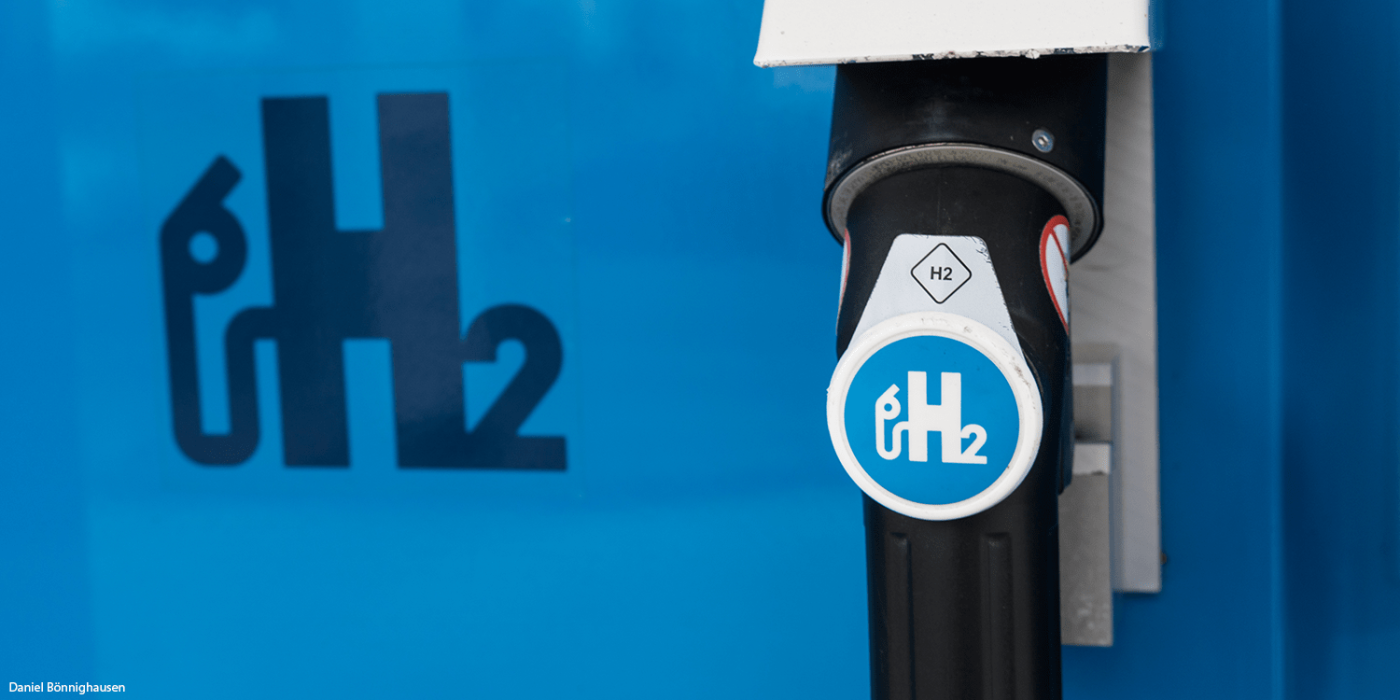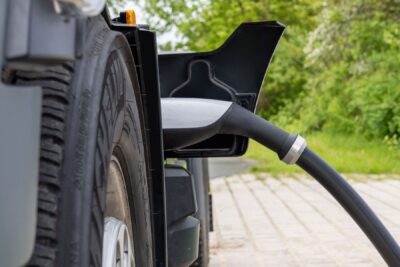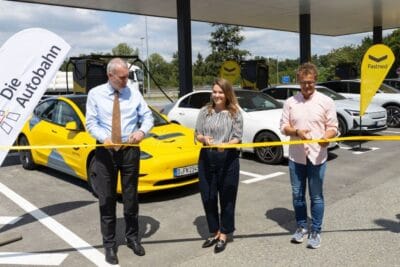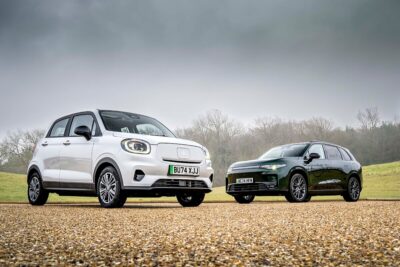23 European nations launch IPCEI Hydrogen
The German Federal Ministry for Economic Affairs and Energy has just announced the launch of the IPCEI Hydrogen. This is a joint European project (Important Projects of Common European Interest, or IPCEI) analogous to the two initiatives already launched in the field of battery cell manufacturing.
Twenty-two EU member states and Norway have signed a declaration of intent stating their willingness to support the development of a European value chain for green hydrogen in particular and to invest billions of euros accordingly. The participating countries describe the commitment to hydrogen as a technology of the future as crucial to making Europe a climate-neutral continent by 2050.
“No Member State and no company can do this on their own – considerable public and private investment will be required, as will cross-border collaboration,” said Margrethe Vestager, Executive Commission Vice President of the European Commission. The IPCEI Hydrogen was put on track under the German Council Presidency. The timetable and scope of the initiative have not yet been made public. German Economics Minister Peter Altmaier said: “We want our joint European projects and joint investments in hydrogen technologies to make Europe number 1 in the world, thereby improving our competitiveness and safeguarding long-term jobs.” He acknowledged that green hydrogen is “a central tool for the reduction of carbon emissions in the industrial and transport sectors.”
Thierry Breton, EU Commissioner for the Internal Market, also spoke at the online press conference. He drew attention to the fact that clean hydrogen plays a key role in the race to decarbonise many sectors of the economy. “As a central plank of the European Green Deal, renewable and low-carbon hydrogen will not only foster the conversion of our industrial sector to green energy but will also offer significant business opportunities for EU companies.”
The joint European projects, also called IPCEIs, so far launched in Germany stand in the fields of battery cell production and microelectronics. The projects combine joint investment efforts by cooperating European companies with government funding. The aim in each case is to provide impetus in the European single market, promote innovative capability and strengthen global competitiveness.
A lot is happening quite quickly in support for the hydrogen economy in Europe lately – and not just from European countries and companies. This month alone: Toyota launched an H2 business unit for Europe focussing on the development of hydrogen ecosystems working closely with industry partners, national and regional governments and organisations. Daimler and Linde signed an agreement to jointly develop the next generation of liquid hydrogen refuelling technology for fuel cell trucks, just days ago H2Accelerate was founded in a common interest alliance across Europe regarding fuel cell trucks and the French vehicle manufacturer Gaussin is cooperating with fuel cell specialist Plug Power to bring hydrogen fuel cell logistics vehicles to market.
Maritime industries are also getting behind hydrogen for hard-to-decarbonise transport sectors. Also this month a group of companies applied to the European Union for funding to develop a large hydrogen ferry with a fuel cell system with a capacity of up to 23 MW.
Aviation, which is similarly hard-to-decarbonise as the maritime and trucking sectors, has also been moving ahead this month as a hydrogen fuel cell aircraft took off in Germany – all of the above was within the last three weeks.
Probably most prepared for the zero-emission transition with long-haul, heavy-duty vehicles, is Hyundai, who this month announced a stand-along brand for hydrogen technologies called HTWO. Hyundai has already done a lot of groundwork with market-ready fuel cell trucks already launched in Switzerland and prepared with an international strategy – which is quite specific for Europe – for both cooperation on infrastructure as well as its Xcient trucks. For both Toyota and Hyundai, essential factors in their early development were the support of the Japanese and South Korean governments as well as transport industry actors in two of the first countries to have supportive national policies on hydrogen infrastructure and technology.
With additional reporting by Carrie Hampel





0 Comments